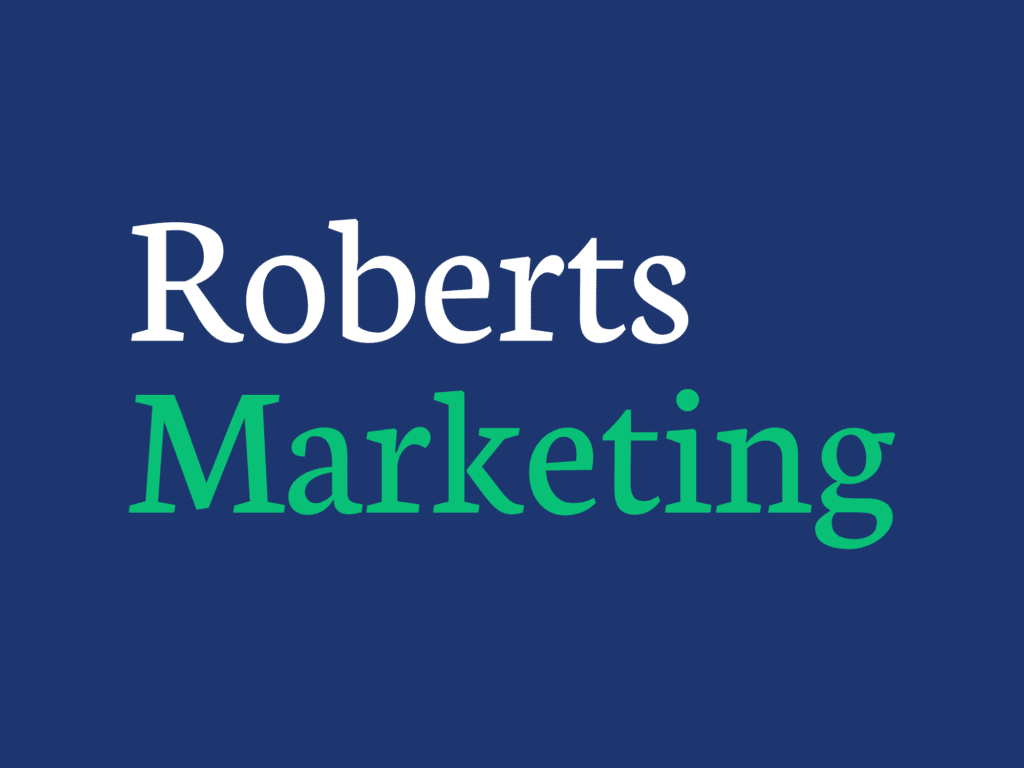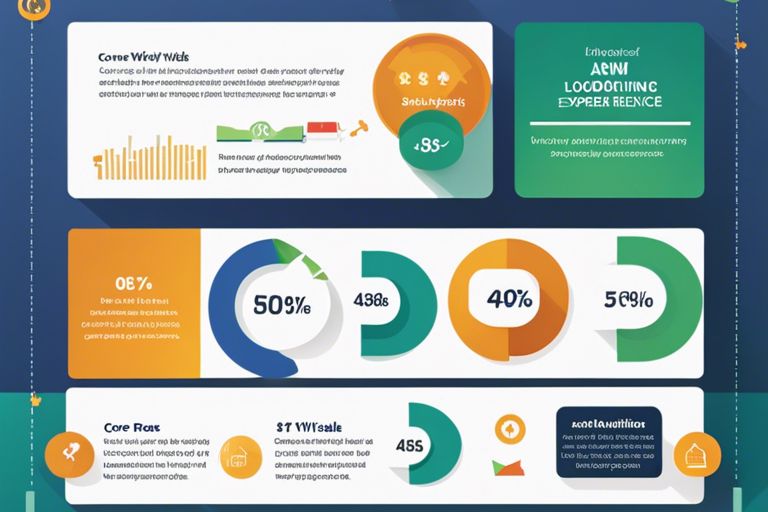Overwhelmed by the world of online advertising? Look no further! In this guide, we will walk you through the ins and outs of Google Ads and show you how to use this powerful platform effectively to reach your target audience and achieve your marketing goals. From setting up your first campaign to optimizing your ads for maximum performance, we’ve got you covered with practical tips and strategies. Let’s dive in and take your advertising game to the next level!
Key Takeaways:
- Keyword Research: Conduct thorough keyword research to target the right audience and improve ad relevance.
- Ad Copy Optimization: Create compelling ad copies with a strong call-to-action to attract more clicks and conversions.
- Conversion Tracking: Implement conversion tracking to measure the success of your campaigns and optimize for better results.

Understanding Google Ads Fundamentals
How to Set Up a Google Ads Account
With Google Ads, the first step is to create an account on the platform. Simply visit the Google Ads website and follow the step-by-step instructions to set up your account. You will need to provide basic information about your business, such as your website URL, target audience, and budget.
Understanding Keyword Research and Bidding Strategies
For effective Google Ads campaigns, it is crucial to understand keyword research and bidding strategies. Conduct thorough keyword research to identify relevant keywords that your target audience is searching for. Utilize tools like Google Keyword Planner to discover popular keywords and their search volumes. Additionally, strategize your bidding by setting appropriate maximum bid amounts for your keywords to ensure optimal ad placement.
Bidding strategies also involve considering factors like your budget, competition, and campaign goals. Experiment with different bidding techniques such as manual bidding or automated bidding to find the strategy that works best for your campaign.
Crafting Effective Ad Copy
Clearly, creating compelling ad copy is imperative in driving the success of your Google Ads campaigns. To gather expert insights on this matter, consider checking out this thread on Google Ads experts, what are your tips for after running ads … for valuable advice and tips.
Tips for Writing Compelling Headlines and Descriptions
- Use action-oriented language in your headlines to grab attention
- Highlight unique selling points in your descriptions to entice clicks
Descriptions should clearly communicate the value proposition of your product or service while creating a sense of urgency for the user to act. A/B testing different variations can help identify the most effective messaging for your target audience. Any successful ad copy is concise, relevant, and tailored to the specific needs and desires of your potential customers.
Factors to Consider for Mobile-Specific Ads
- Consider the limited space available on mobile devices
- Utilize mobile-specific ad extensions to enhance visibility
If your target audience is primarily on mobile devices, optimizing your ad copy for the mobile experience is crucial. Ensure that your headlines and descriptions are concise yet impactful to capture users’ attention quickly. Thoroughly test your mobile ads to analyze performance and make necessary adjustments. Thou, ensure your call-to-action is prominently displayed for easy access on mobile screens.
Tips for Creating Responsive Ads
- Utilize Google’s Responsive Search Ads feature for dynamic content
- Include multiple headlines and descriptions for automated testing
Creating responsive ads allows for more flexibility and optimization opportunities in your Google Ads campaigns. Utilize different combinations of headlines and descriptions to see which resonates best with your audience. Regularly monitor and analyze the performance of your responsive ads to make data-driven decisions. Thou, remember to continuously refine your ad copy to improve ad relevance and drive better results.
Optimizing Ad Performance
Now, if you want to learn more about optimizing your Google Ads performance, check out The Ultimate Guide to Google Ads [Examples].
How to Monitor and Analyze Ad Metrics
Optimizing your ad performance starts with monitoring and analyzing key ad metrics. Keep a close eye on metrics like click-through rate, conversion rate, and cost per conversion to understand how your ads are performing and where improvements can be made.
Tips for Improving Ad Relevance and Quality Score
Quality Score is a crucial factor in determining the success of your Google Ads. To improve ad relevance and Quality Score, focus on creating targeted ad groups, using relevant keywords, and crafting compelling ad copy that aligns with user search intent.
- Regularly update and refine your keyword list
- Create specific ad groups for highly relevant keywords
- Optimize your landing pages for a seamless user experience
Perceiving and addressing areas where your ads may be lacking relevance can have a significant impact on your ad performance and overall campaign success.
Advanced Google Ads Strategies
Once again, to further enhance your Google Ads campaigns, consider implementing advanced strategies. For additional insights and best practices, visit What are some general good practices to follow when ….
| Strategy | Description |
| Dynamic Search Ads | Automatically show ads based on the content of your website. |
| Optimized Ad Rotation | Let Google Ads show the best-performing ads more frequently. |
| Ad Customizers | Personalize ads based on user’s search query and intent. |
How to Leverage Retargeting and Remarketing
Advanced retargeting and remarketing can be powerful tools in driving conversions from visitors who have previously engaged with your website or ads. By strategically targeting these audiences with relevant ads, you can effectively guide them through the sales funnel and encourage them to complete a desired action.
Factors to Consider for Geo-Targeting and Ad Scheduling
- Targeting specific geographical locations can improve relevance and performance.
- Ad scheduling allows you to show ads at optimal times for your target audience.
Recognizing the importance of timing and location can significantly impact the success of your Google Ads campaigns.
Scheduling your ads to appear at times when your target audience is most likely to be online can improve the chances of engagement and conversions. Similarly, geo-targeting allows you to tailor your ads to specific locations where your products or services are most in demand. By carefully considering these factors, you can optimize your campaign performance and maximize your ROI.
Another imperative consideration is analyzing your campaign data regularly to identify patterns and opportunities for optimization. By continuously monitoring and refining your strategies based on performance metrics, you can ensure that your Google Ads campaigns remain effective and yield positive results.
To wrap up
Now that you have learned how to use Google Ads effectively, you can make the most out of your online advertising campaigns. Remember to set clear goals, do thorough keyword research, create compelling ad copy, and continuously monitor and optimize your campaigns. By following these best practices and staying up to date with the latest trends, you can drive more traffic to your website and increase your conversions through Google Ads.
FAQ
Q: What is Google Ads?
A: Google Ads is an online advertising platform developed by Google, where advertisers pay to display brief advertisements, service offerings, product listings, video content, and generate mobile application installs within the Google ad network to web users.
Q: How do I create effective Google Ads campaigns?
A: To create effective Google Ads campaigns, you should start by defining your advertising goals, researching keywords, creating compelling ad copy, optimizing your landing pages, setting up conversion tracking, and continuously monitoring and adjusting your campaigns for better performance.
Q: What are some tips for using Google Ads effectively?
A: Some tips for using Google Ads effectively include targeting the right audience, using ad extensions to provide more information, testing different ad variations, setting a budget and bid strategy that align with your goals, and regularly analyzing your campaign data to make informed decisions and improvements.





